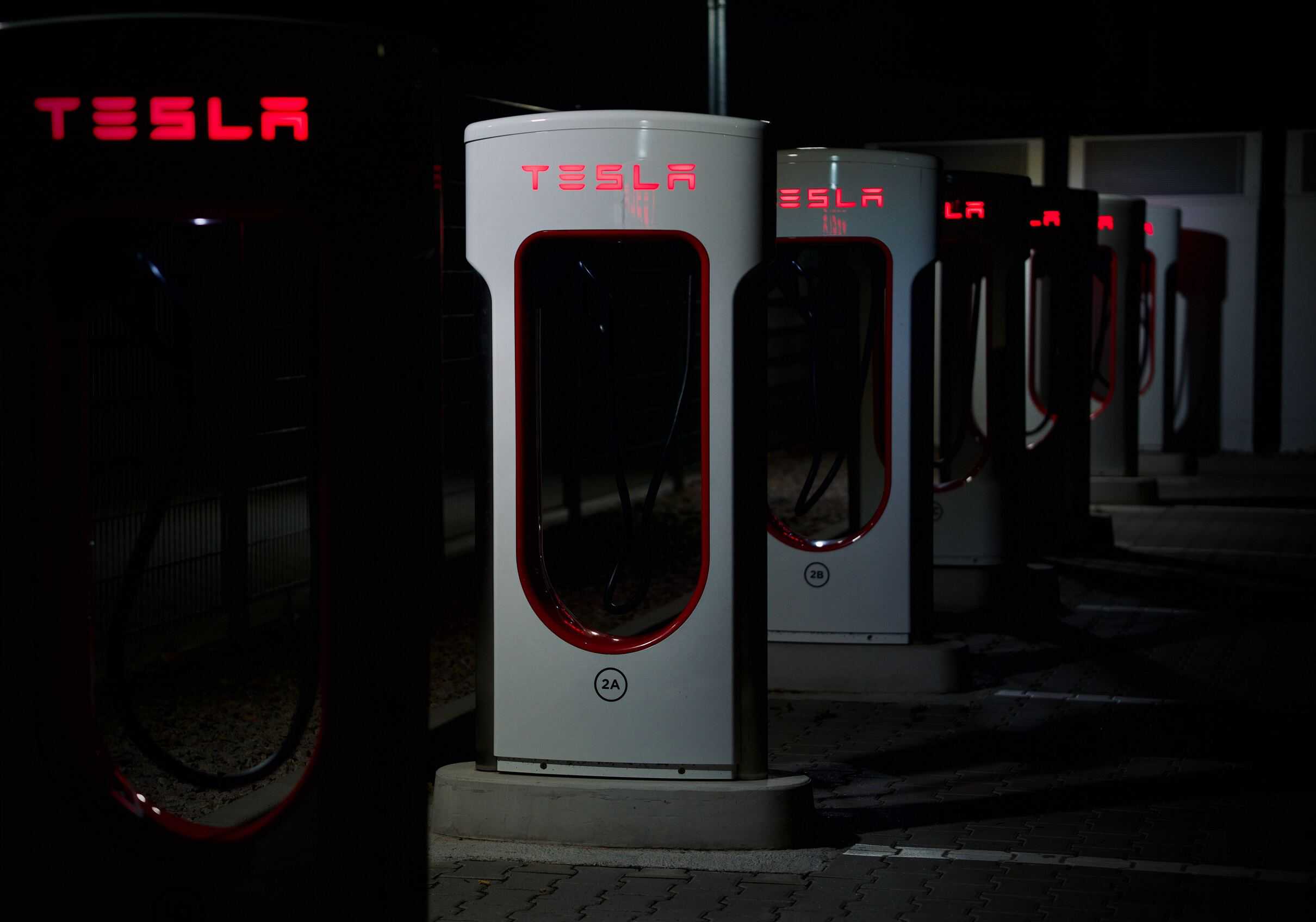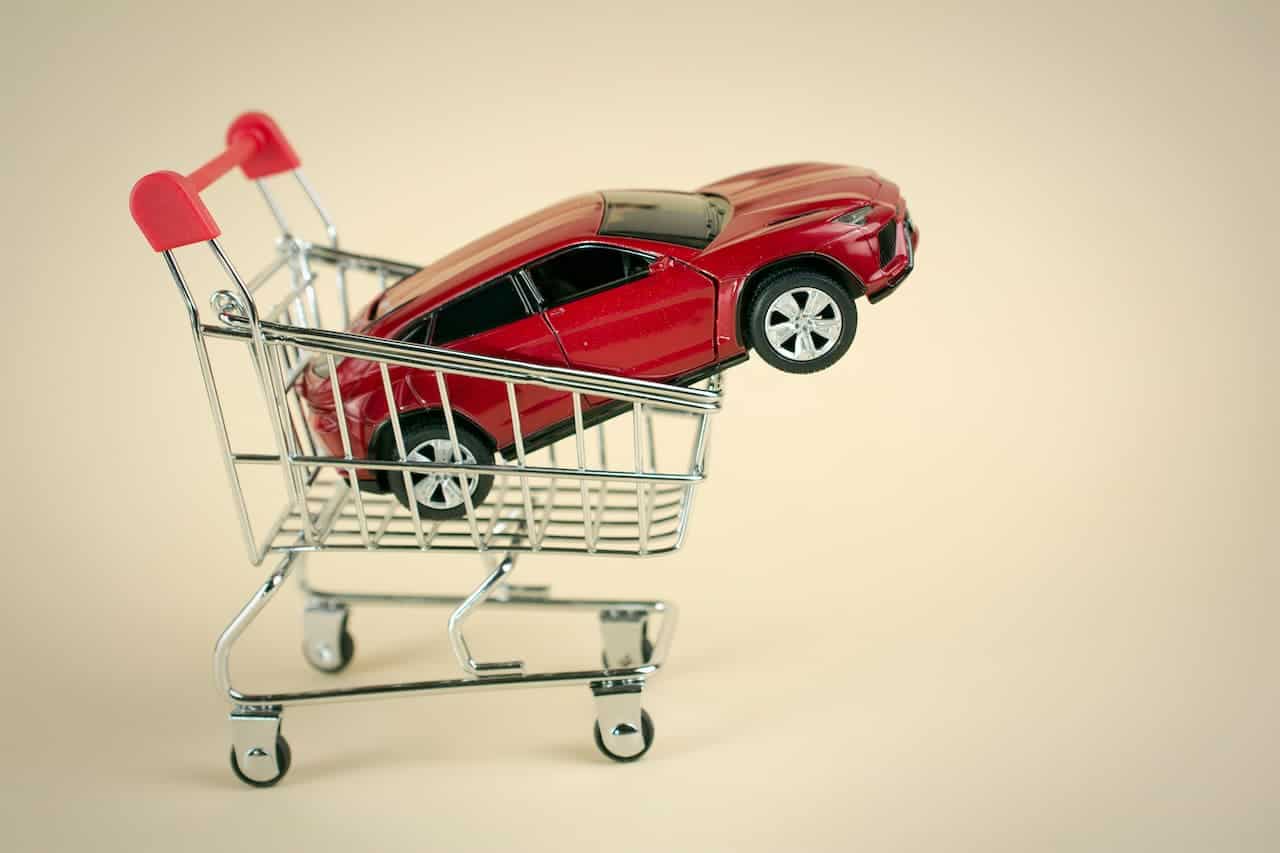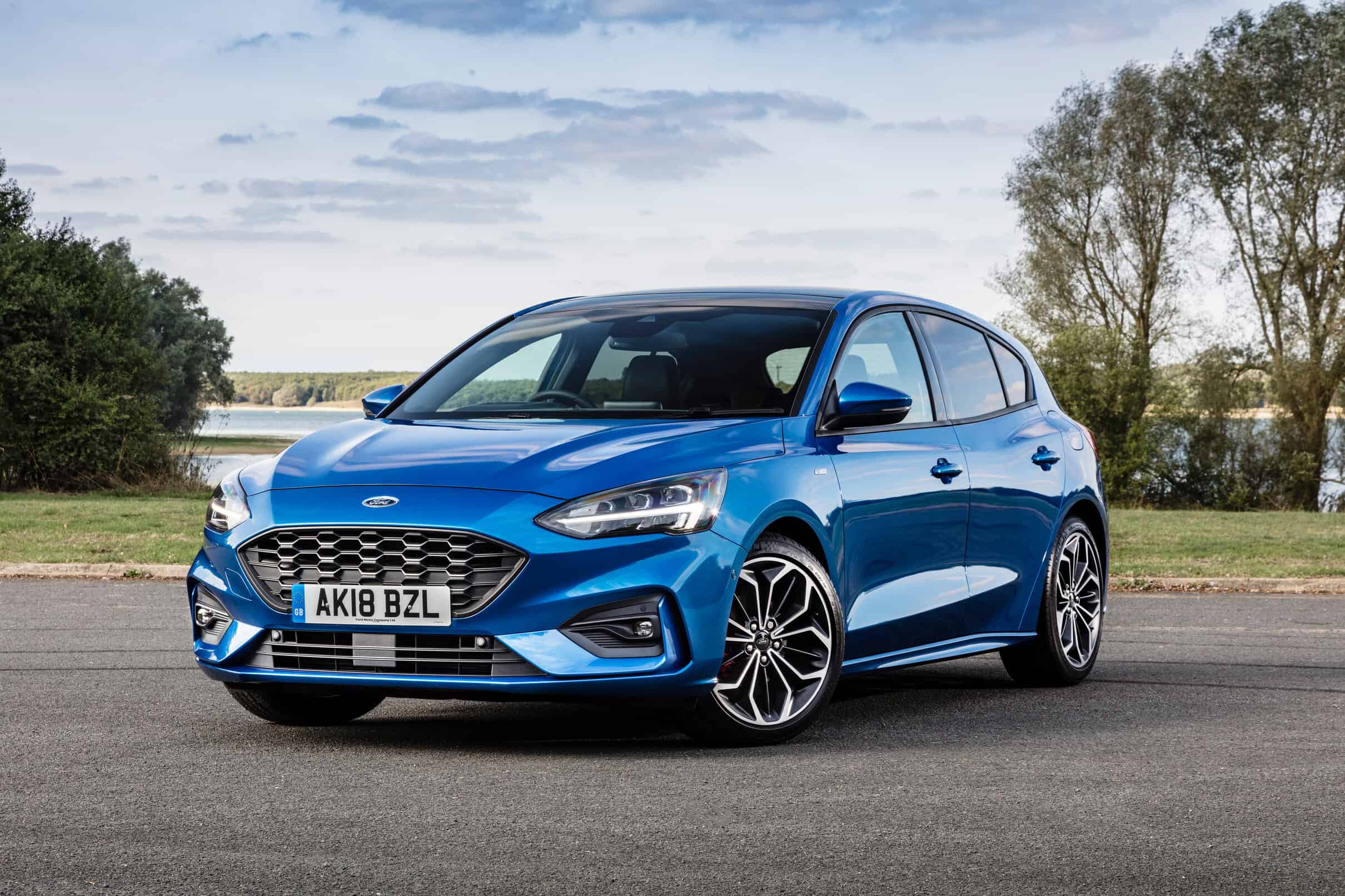Introduction
As the push toward electric vehicles continues to gather pace, it’s easy to assume that traditional petrol and diesel cars are fast becoming relics of the past. But the reality is more complex. Despite the rise of EVs and tightening emissions regulations, petrol and diesel vehicles continue to offer key advantages that make them a smart, practical choice for many drivers in 2025. From long-distance capability and faster refuelling to lower upfront costs and widespread infrastructure, internal combustion engines still deliver value, convenience, and performance that electric alternatives can’t always match (especially outside urban areas). In this guide, put together by our auto experts, we take a closer look at why petrol and diesel cars remain a relevant and, for some, even preferable option in today’s evolving car landscape.

Electric Vehicles & Lack of Public Charging
One of the key reasons petrol and diesel cars continue to hold their ground in 2025 is the well-established refuelling infrastructure that supports them. While investment in EV charging points has increased in recent years, the network still lags behind in terms of availability and convenience- particularly outside major towns and cities. For many drivers, especially those in rural or less-connected areas, the lack of reliable public chargers remains a major obstacle. Queues at charging stations, broken units, and limited fast-charging options only add to the frustration. In contrast, petrol stations are virtually everywhere and offer quick, predictable refuelling, making combustion-engine vehicles a more practical option for many everyday journeys.
Electric Vehicle Range Issues
Despite advancements in battery technology and extended driving ranges, many drivers remain hesitant to fully commit to electric vehicles, and much of that hesitancy comes down to range anxiety. The concern over running out of battery charge mid-journey, especially when chargers aren’t readily available, is still very real in 2025. Petrol and diesel cars, on the other hand, offer peace of mind with their longer ranges and the ability to refuel in just a few minutes. Whether it’s a long motorway drive, a spontaneous weekend getaway, or simply not wanting to plan your day around charging stops, combustion vehicles still deliver unmatched convenience and flexibility for those who value freedom on the road.

EV Affordability & Availability
As of 2025, the upfront cost of purchasing an electric vehicle is generally higher than that of a petrol or diesel counterpart. Additionally, the availability of affordable EV options in various market segments remains limited. Petrol and diesel cars continue to dominate the market due to their affordability and accessibility, catering to a broader range of consumers with varying budget constraints. For example, motorists can find a wide range of used vehicles under £8,000 or even under £5,000– a price point that’s nearly unheard of even for older electric models.
Mature Technology and Reliability
Internal combustion engine (ICE) technology, utilised in petrol and diesel cars, has undergone decades of refinement, resulting in a reliable and mature technology. Consumers have grown accustomed to the dependability of these vehicles. They require extensive service networks for traditional cars contributes to their sustained popularity. In contrast, electric vehicles, while rapidly advancing, are still evolving, and concerns about their long-term reliability and maintenance costs persist.
Transition Period
The transition to electric vehicles is a gradual process that involves overcoming multiple challenges. These include technological advancements, infrastructure development, and consumer mindset shifts. Petrol and diesel cars represent a familiar and comfortable option for many drivers who may be a little hesitant to embrace the uncertainties associated with emerging technologies. The slow pace of change in the automotive industry does little to help, further cementing the popularity and relevance of traditional engine cars in 2025.








